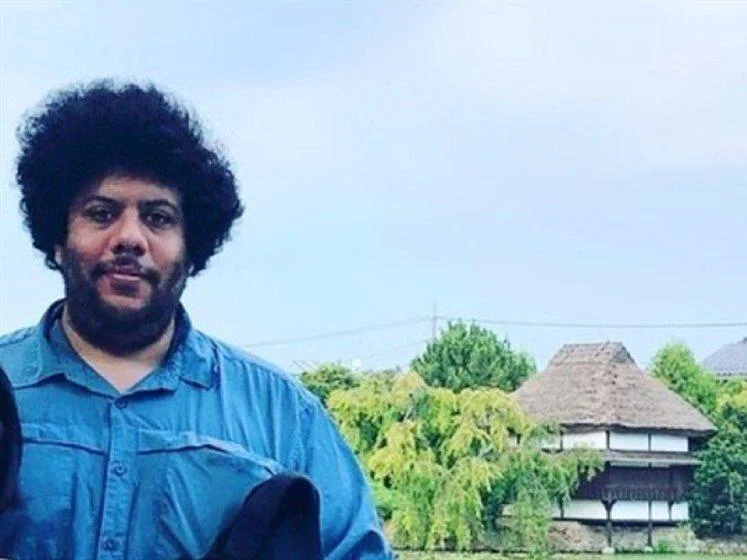Asking the right questions

In October 2020 the Department of Philosophy’s Dr Liam Bright won a prestigious Leverhulme Prize, awarded to 30 early career researchers whose work shows 'exceptional promise'. He discusses the influences on his education and academic career, and how he plans to use the prize to improve our understanding of the plight and position of disadvantaged and marginalised groups.
Dr Bright’s initial interest in philosophy began with family conversations around the dinner table. His parents, who were both young socialists, had discussions with him about social injustices and how they thought the world should change for the better. As a teenager, Dr Bright was encouraged to read books like The Black Jacobins, a classic study of the slave revolt that led to creation of the free state of Haiti.
When Dr Bright went on to studiy philosophy as an undergraduate at Warwick University, he was drawn to logic. This led to him thinking how the method could be applied to social challenges, and to question the principles which underpin our reasoning about important issues. Dr Bright says: "My early studies focussed on the rules for reasoning, how to make arguments, how we come to prove or disprove things, and the origins of our knowledge. I started to realise that you could use a precise and explicit model of inferences to question our understanding of social and cultural questions."
At a summer school course at Carnegie Mellon in Pennsylvania in the United States, where Dr Bright eventually went on to study his PhD, he was exposed to mathematical means of studying how knowledge is formed and how different groups interact during this process.
He says: "Combining approaches from various parts of social science allows you to test, for instance, the claims made by intersectional theorists, and apply the results of one’s inquiry to problems that affect the disadvantaged. My time at Carnegie Mellon also exposed me to a community of academics whose research was oriented in the same direction as mine, which has been an important part of developing my ideas."
The £100,000 funding for Leverhulme Prize winners can be spent over three years; Dr Bright plans to focus on the work of African philosophers, applying mathematical methods to find connections between their works and that of other philosophers.
He has two objectives for this research; he hopes to bring greater exposure and different perspectives to work that has originated from the African diaspora, and help further the social causes that have guided him during his career.
Dr Bright says: "W.E.B. Du Bois’(a Pan-Africanist sociologist) view on how academics and intellectuals should contribute to society was that you best help whatever cause you are working towards by producing accurate and useful information. If you can do that then you’re doing your bit.
"Du Bois also said that it’s not enough to do interesting work, you should also try to make people aware of it through public outreach. I’ll always try to adhere to these ideals with my research," Dr Bright adds.
In this vein, Dr Bright plans to continue working outside of academia to draw attention to his ideas. He is active on Twitter and has written and spoken about philosophical concepts in a number of media outlets. He says: "I hope to make more people take note of work from African traditions. But I won’t lie, much of my online presence has nothing so noble an aim. Being on Twitter is mostly a way for me to let off steam and talk to my friends, even though it’s also nice to get feedback and new ideas for my work."